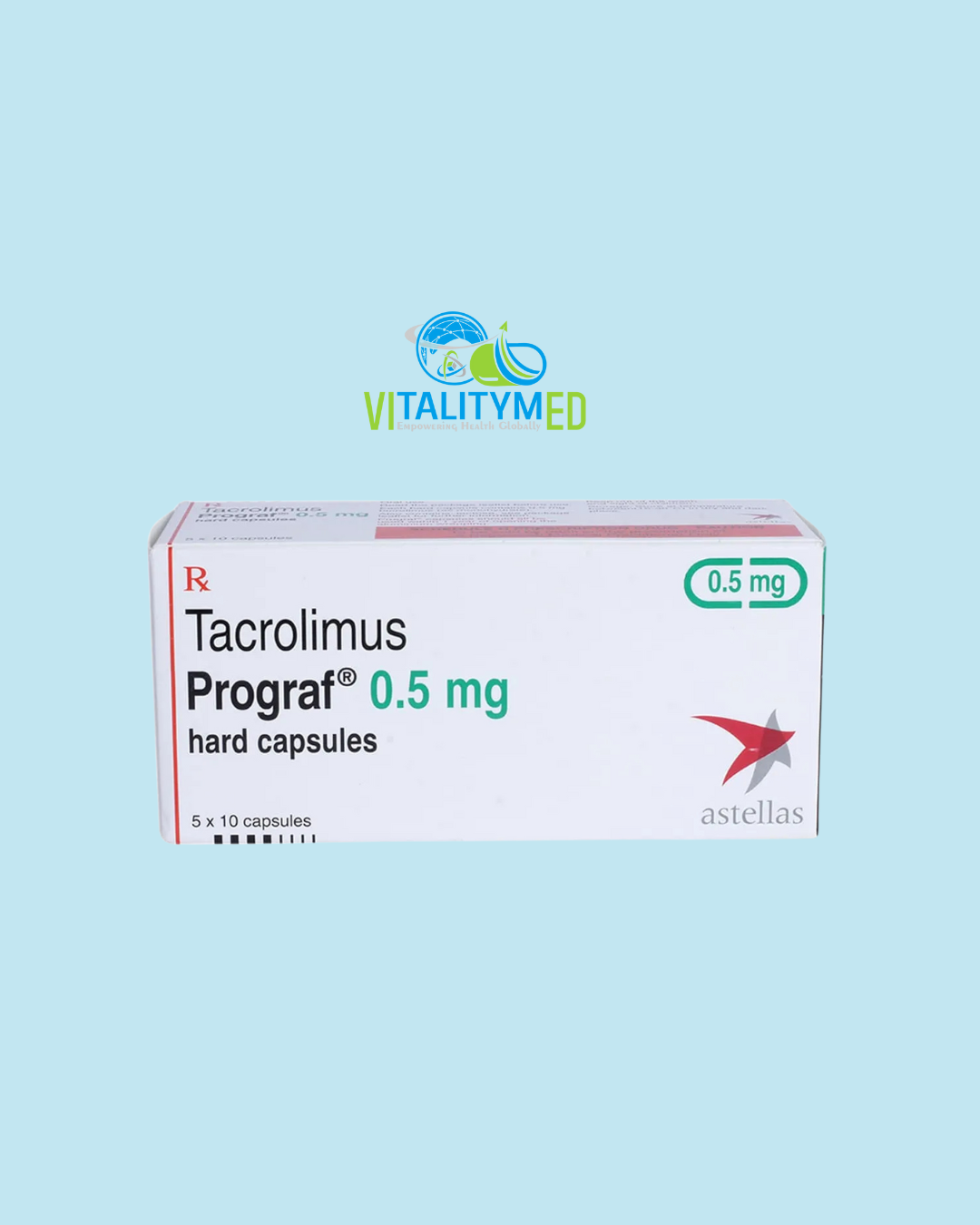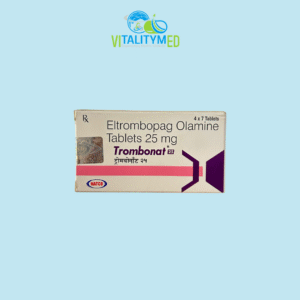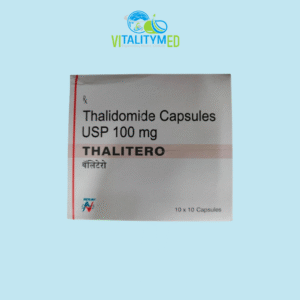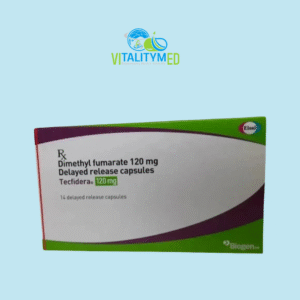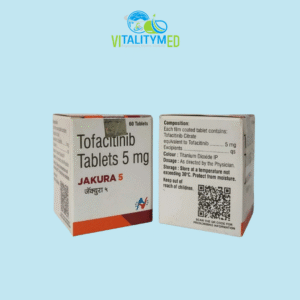Prograf 0.5 mg is a brand formulation of Tacrolimus, a potent immunosuppressive agent. Tacrolimus is a macrolide lactone antibiotic derived from Streptomyces tsukubaensis. It has become a cornerstone medication in the prevention and management of organ transplant rejection.
Prograf is typically available in capsule strengths of 0.5 mg, 1 mg, and 5 mg, designed for oral administration, and must be taken under strict medical supervision due to its narrow therapeutic index.
Mechanism of Action
Tacrolimus is classified as a calcineurin inhibitor.
-
It binds to an intracellular protein called FKBP-12 (FK506-binding protein).
-
This complex inhibits the enzyme calcineurin phosphatase, preventing dephosphorylation and nuclear translocation of nuclear factor of activated T-cells (NF-AT).
-
As a result, transcription of interleukin-2 (IL-2) and other cytokines critical for T-lymphocyte activation and proliferation is suppressed.
By dampening T-cell activity, Tacrolimus effectively reduces the immune response directed against transplanted organs, thus minimizing the risk of rejection.
Uses
Prograf (Tacrolimus) 0.5 mg is primarily used in:
-
Prophylaxis of Organ Rejection:
-
Following kidney, liver, or heart transplantation, to reduce the risk of organ rejection by suppressing T-cell mediated immune responses.
-
It is often used in combination with other immunosuppressants such as mycophenolate mofetil and corticosteroids.
-
-
Treatment of Established Rejection:
-
In patients who fail to respond adequately to other immunosuppressive regimens.
-
Off-label, Tacrolimus (usually topical formulations) is also used in dermatology (e.g., for atopic dermatitis), but Prograf capsules are specifically indicated for systemic immunosuppression
Adverse Effects
While Tacrolimus is highly effective, its use is tempered by a distinct adverse effect profile that necessitates careful monitoring.
Common adverse effects
-
Nephrotoxicity: Elevation of serum creatinine is common; dose adjustments often needed.
-
Neurotoxicity: Tremors, headache, insomnia, and sometimes seizures.
-
Hypertension: Due to vasoconstrictive effects on the renal vasculature.
-
Hyperglycemia and new-onset diabetes mellitus: More frequent in transplant patients.
-
Hyperkalemia, hypomagnesemia: Electrolyte disturbances are common.

